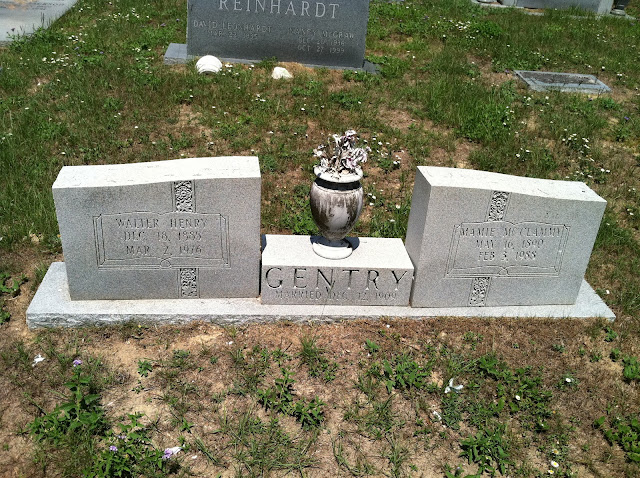Hudson

Most people probably have forgotten Hudson cars, which have been done here before. Named after Joseph Hudson owner of Hudson department stores and a heavy investor in the automobile venture, Hudson Motor Car Company was formed early in 1909 and a few months later their first cars rolled out of the factory in Detroit. Behind the 1909 or 1910 Hudson runabout above is a 1948 Hudson Super club coupe. They're obviously at a Hudson enthusiasts' meet of some sort. Because of price and quality, Hudson was popular early on, during the WWI era even was the world’s largest producer of six-cylinder cars. My Weller grandparents had a Hudson touring car in the nineteen-teens, drove it and a Model T Ford touring car when they left this house after Alfred’s death and moved to Ocilla, Georgia, where Pop was the Ford dealer for a few years. If my time-turner would do it this morning, I’d go back twenty years and ask my father what model year their Hudson was, an




